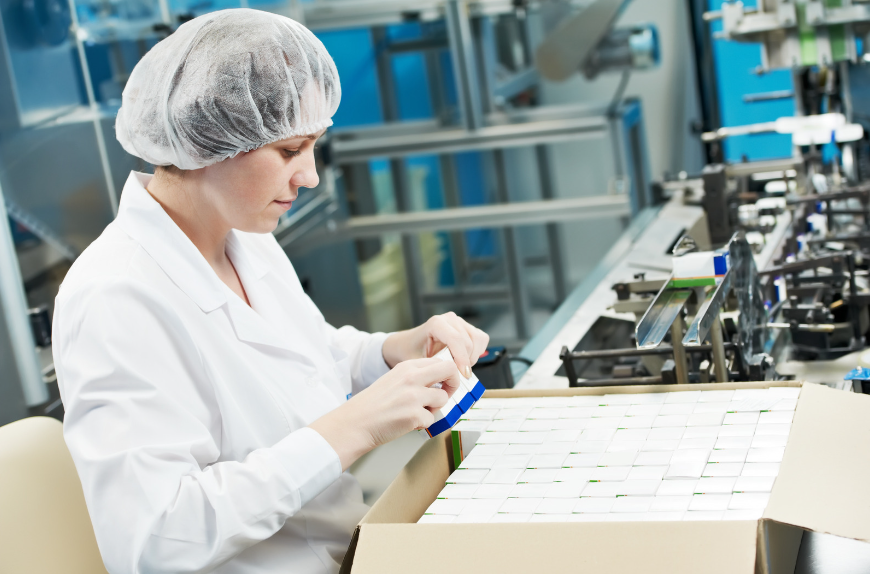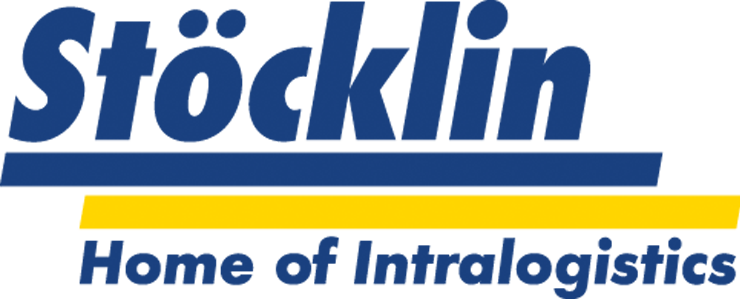
Pharmaceutical companies operate in an environment where even the smallest oversight can have profound consequences, from product safety issues to costly fines and reputational damage. The demand for precision and accountability is high, and automation is a game-changer in helping drug companies meet their regulatory requirements while simultaneously reducing operational costs.
All efforts in automation start with data. Pharmaceutical companies are mandated to maintain impeccable records for every aspect of their operations, from research and development to manufacturing and distribution. Automated systems facilitate the meticulous documentation of processes and data, ensuring transparency and traceability. This not only helps companies avoid data inconsistencies but also enables efficient data retrieval during audits, significantly reducing the time and resources required to maintain and review records manually.
Closely following data as a cornerstone of pharmaceutical manufacturing and distribution is quality control. Automation enables real-time monitoring of critical quality parameters, ensuring products meet established specifications. Through automated sensors, robotics, and analytical tools, companies can detect deviations early in the production process, preventing costly errors and product recalls, and ultimately enhancing patient safety.
In terms of the physical flow of products through to drug stores, doctor’s offices or hospitals, automation has revolutionized pharmaceutical manufacturing, streamlined processes, and reduced the risk of human error. Automated equipment, such as robotic arms and lifters, can precisely make them move products with high accuracy and efficiency. This level of precision not only ensures consistency but also lowers the risk of contamination and product variability.
Automation helps with inventory management by tracking the flow of raw materials, intermediates, and finished products. With automated systems, pharmaceutical companies implement Just-in-Time practices, reducing storage costs and minimizing the risk of expired or obsolete materials. In many cases, pharmaceutical companies are also required to implement serialization and track-and-trace systems to prevent counterfeiting and ensure the authenticity of products. Automation is instrumental in managing and tracking individual product units throughout the supply chain, from production facilities to patients.
Staying compliant with ever-evolving regulations is a constant challenge in the pharmaceutical industry. Automated regulatory compliance tools help companies stay up-to-date with changes, track compliance and proactively address any issues. Automated alerts and notifications keep companies informed about impending inspections, and built-in reporting features make it easier to demonstrate adherence to regulations.
Importantly, the use of automation significantly reduces operational costs. With automated processes, pharmaceutical companies operate with smaller workforces, which reduces labor costs and minimizes the risks associated with human error. Additionally, automation allows for greater energy efficiency, optimized resource utilization, and reduced waste, further contributing to cost savings.
Automation and sophisticated warehouse management systems allow pharmaceutical companies to harness the power of big data and analytics. By collecting and analyzing vast amounts of data from various processes and systems, companies can identify trends, detect potential issues and make data-driven decisions that improve product quality and process efficiency.
Automation plays a pivotal role in helping pharmaceutical companies navigate the complex landscape of regulatory and compliance standards while simultaneously reducing operational costs. Specialists at Stöcklin are available to help pharmaceutical companies through the adoption of automated systems and technologies that not only ensure data integrity, quality control, and efficient manufacturing but also improve overall productivity, reduce the risk of costly errors, and enhance product safety. As the pharmaceutical industry continues to evolve, a knowledgeable automation solution provider like Stöcklin can help you stay competitive and compliant.

Recent Comments